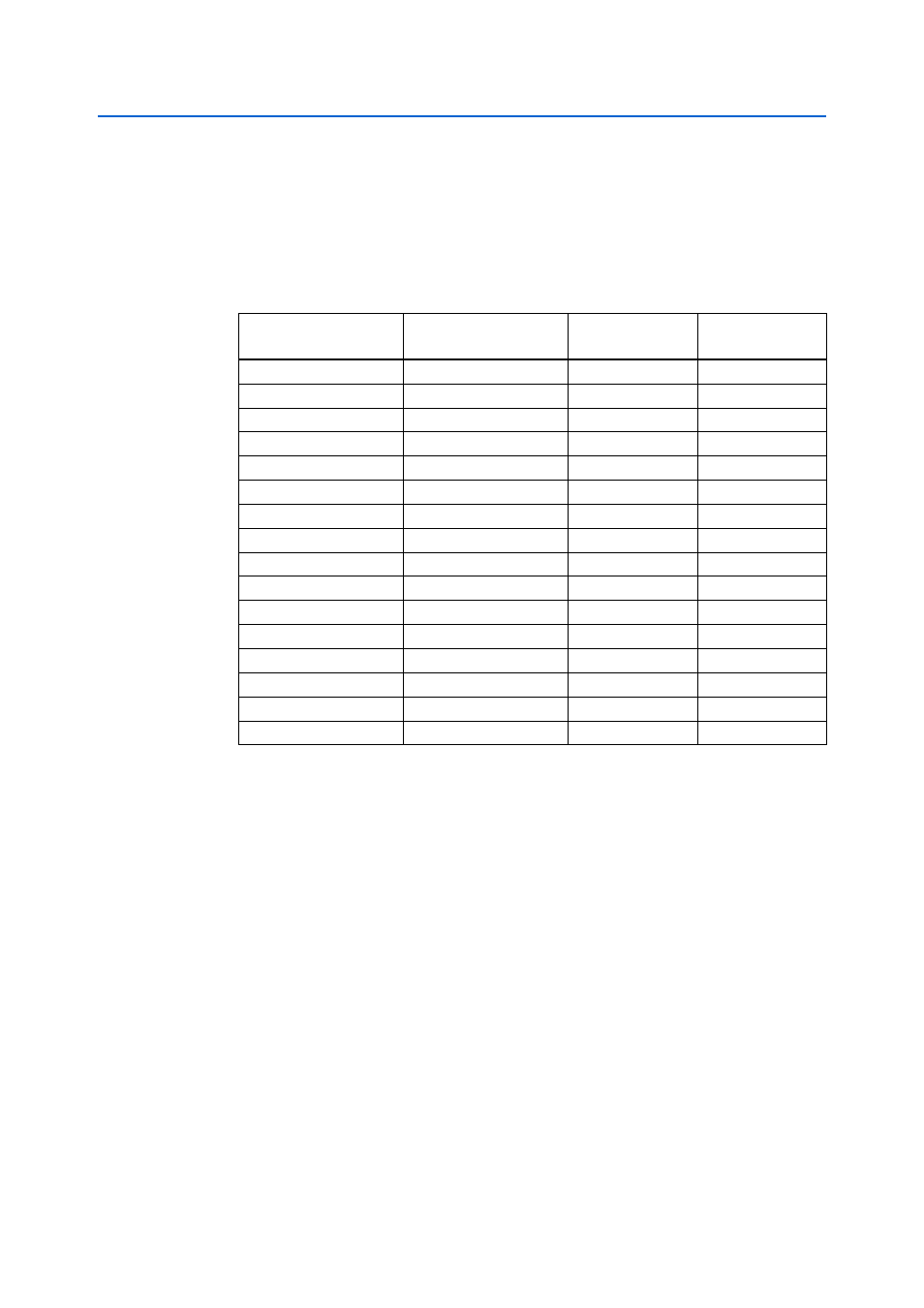Configuration, status, and setup elements, Configuration, Status elements – Altera SDI HSMC User Manual
Page 13: Configuration, status, and setup elements –5, Configuration –5 status elements –5

Chapter 2: Board Components
2–5
Configuration, Status, and Setup Elements
© July 2009 Altera Corporation
Although there is only one clock generator PLL on the SDI HSMC, the board supports
two asynchronous clock systems when the host board supports two reference clock
input signals. You can use either a separate reference clock or an external reference as
input to the host board.
describes the features of the oversampling rate and associated clock
frequency for each supported audio sample rate.
Configuration, Status, and Setup Elements
This section describes board configuration, status, and setup.
Configuration
The standard jumper configuration has J4 (CD_MUTE2) and J6 (CD_MUTE1) installed.
Jumpers J5 (EQ_BYPASS2) and J7 (EQ_BYPASS1) can be driven from the host board.
These signals bypass the SDI cable equalizer when logic 1 is driven.
Status Elements
The development board includes status LEDs. This section describes the status
elements.
lists the LED board references and functional descriptions.
Table 2–3. AES3 Supported Bit Rates
Audio Sample Rate (kHz)
Bit Rate Clock (MHz)
(32 x 2 x 2)
Oversampling Rate
VCXO Frequency
24.0
3.0720
32
98.304
32
4.0960
24
98.304
44.1
5.6448
16
90.3168
48
6.1440
16
98.304
88.2
11.2896
8
90.3168
96
12.2880
8
98.304
176.4
22.5792
4
90.3168
192
24.5760
4
98.304
24.0
3.0720
40
122.8800
32
4.0960
30
122.8800
44.1
5.6448
20
112.8960
48
6.1440
20
122.8800
88.2
11.2896
10
112.8960
96
12.2880
10
122.8800
176.4
22.5792
5
112.8960
192
24.5760
5
122.8800